The chairperson of the African Union Commission, Moussa Faki Mahamat, has congratulated the military-led government of Gabon on a successful constitutional referendum. General Brice Oligui Nguema came to power through a coup d’etat in 2023.
The new constitution is expected to provide the basis for the conduct of elections that will replace the military government with an elected one in 2025.
Faki’s statement was notable for its omission. Under existing African Union frameworks on unconstitutional changes of government, coup leaders are not allowed to run in the elections marking the formal end of governments installed by coups. This is so as not to reward coup leaders. It’s also to ensure that the military leaders are impartial enablers of democratic competition, rather than active participants.
Gabon remains suspended from the African Union in line with its “zero tolerance” policy for military coups.
Nguema, who appears to be popular, has not clarified his future. However, he is widely expected to run for president. He’d be more powerful under the new constitution.
The African Union Commission’s statement does not include a reminder or an encouragement that the coup leader should not run for election. Nor has it criticised the overthrown president Ali Bongo, who was effectively part of an authoritarian dynastic regime.
My work focuses on the AU’s role in promoting and protecting democracy.
The continental body has a long and chequered history of advancing and protecting democracy. The 2024 election super year, with over 20 elections, was no exception. The AU’s actions and omissions in 2024 continued the pattern of limited advance, even regression, in pursuing its ambition of building a democratic, peaceful and prosperous Africa.
From the OAU to the African Union
The African Union replaced the Organisation of African Unity in 2002. This heralded a policy shift from non-interference in the affairs of member states to non-indifference. This implied the union would not turn a blind eye to how governments treat their citizens, and principles of democratic constitutionalism. Since then, consolidation of democratic institutions and culture has been central to the identity and mandate of the union.
Read more:
The African Union is weak because its members want it that way – experts call for action on its powers
In practice, the record of democracy on the continent and the role of the African Union in this has flowed and ebbed. The union has arguably done a commendable job in promoting democratic and legitimate government. This includes establishing frameworks and institutions that affirm fundamental rights, democratic self-government, and inclusive constitutions and constitution-making processes.
However, the union has fallen short on protecting democracy. (Promotion means creating the conditions for the respect of principles of democracy. Protection relates to redressing violations when they occur.)
This is partly because of the constraints of being an intergovernmental organisation with little freedom to act with a single voice. It relies on the goodwill and commitment of its member states.
Progress and regression
On the one hand, we have countries like Botswana and Senegal where democracy has become the norm, even as challenges remain.
On the other hand, in many countries, such as Ethiopia, Togo, Uganda and Zimbabwe, democracy and elections are a farce. The union has been largely silent on the systemic manipulation of rights, democratic principles and constitutionalism.
Africa remains a democratically divided continent. Some nations are strengthening their democracy, while most are stuck in a dangerously authoritarian spiral.
According to the 2024 Mo Ibrahim Index of African Governance, overall governance improved between 2014 and 2023 in countries covering about half of Africa’s population. However, for the remaining half, it has worsened. Security and democracy have deteriorated. In all cases in the past five years, improvements have largely stalled. They may even be regressing.
Photo by Michele Spatari / AFP via Getty Images
The union’s role in all of this in 2024, as ever, may be described as one of inspiration and ambition, rather than effective enforcement. The union, particularly through its three human rights quasi-judicial and judicial bodies, remains an important sphere of positive inspiration and influence. It provides platforms that complement domestic ones. These are the African Commission on Human and Peoples’ Rights, African Court on Human and Peoples’ Rights, and the African Committee on the Rights and Welfare of the Child.
Read more:
Egypt-Ethiopia hostilities are playing out in the Horn – the risk of new proxy wars is high
Whenever its resolve to protect democracy has been tested, however, the continental body has fallen short.
In early 2024, President Faure Gnassingbé of Togo – in power since 2005 – orchestrated the revision of the constitution to remove term limits and continue the dynastic rule in the country.
In October 2024, President Felix Tshisekedi of the Democratic Republic of Congo suggested that term limits be removed. In both cases, the AU has been quiet.
Big men’s club
In the face of failures to stem the manifest unconstitutional retention of power, the African Union has struggled to prevent, much less reverse, military coup d’etats.
By using the ban against unconstitutional changes of government principally as an anti-coup (and therefore pro-incumbent) framework, rather than pro-constitutionalism, the AU and regional economic communities have failed to be credible bastions of the principles of regular and democratic renewal of power. Observers and military regimes have understandably accused them of inconsistency, and even hypocrisy. This has undermined the framework as well as the relevance and legitimacy of the AU.
In some cases, the AU may effectively be legitimising democratic farces. In particular, it runs an elaborate system of election observations intended to ensure electoral integrity, thus the legitimacy of the overall political framework. This continued in 2024.
Nevertheless, it deploys observers virtually everywhere. This, without regard to the background situations that clearly indicate that elections won’t be free or fair. For instance, it deployed an electoral observation mission to Togo a few weeks after Gnassingbé orchestrated his constitutional coup.
Read more:
Ghana elections: religion and ethnicity are key to voters – and political leaders know it
Similarly, in September 2022, the African Court on Human and Peoples’ Rights found that President Kais Saied’s dissolution of the Tunisian parliament, and suspension of the constitution, violated the African Charter on Human and Peoples’ Rights. It ordered that the presidential decrees be reversed.
The Tunisian government ignored the court’s decision. Despite this, the AU deployed election observers to the December 2022 legislative elections.
Subsequently, the president doubled down on abusing the security apparatus and other decrees to virtually decimate opposition parties.
Saied also introduced a last minute change to the electoral law excluding the jurisdiction of courts to review allegations of electoral violations ahead of the 2024 presidential election, which returned him into power. These abuses did not deter the AU from deploying elections observers, arguably legitimising Saied’s action.
Changing world
The African Union may have done more damage than good in protecting democracy in 2024. This is not a mere lamentation but a call for it to live up to its ambition to truly become a union of the African people.
At this critical moment where the AU is facing a leadership transition, with a new chairperson of the AU Commission expected in early 2025, the external world and geopolitics are increasingly merging towards a transactional and bilateral foreign policy – from the United States to China to Russia and the Gulf States.
This system focuses on immediate and quid pro quo relationships.
The AU is unsuited to tackle this due to its primary focus on long term and soft influences. It will therefore face even stronger headwinds. These external actors will not only test its relevance. They may even actively seek to undermine it as a platform for articulating shared African values, providing a united voice for Africa.
To make itself relevant to Africans will require honest self-introspection. Also needed is clarity in defining the foundations of an African inspired framework for legitimate government that does not simply mimic arrangements from elsewhere. Also, it must not be beholden to protecting incumbents, but advance the aspirations of African children, women and men in the cities, towns and rural villages.




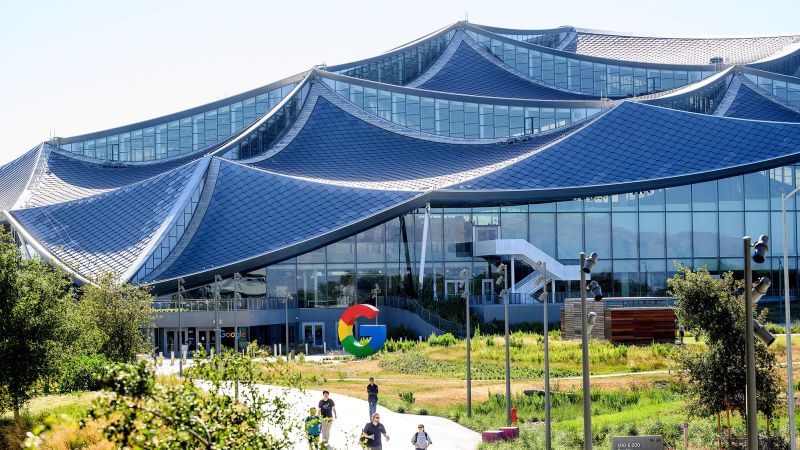

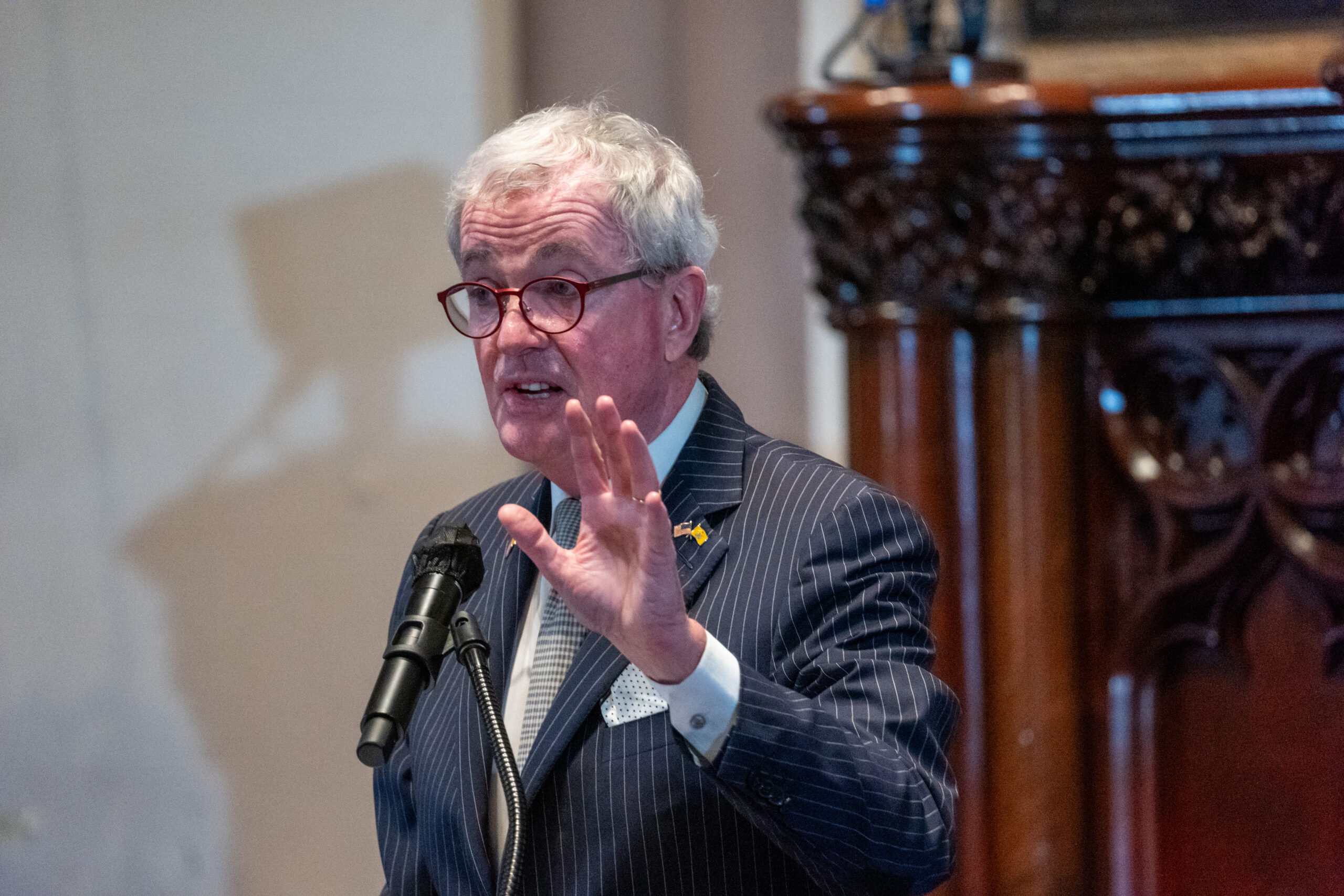


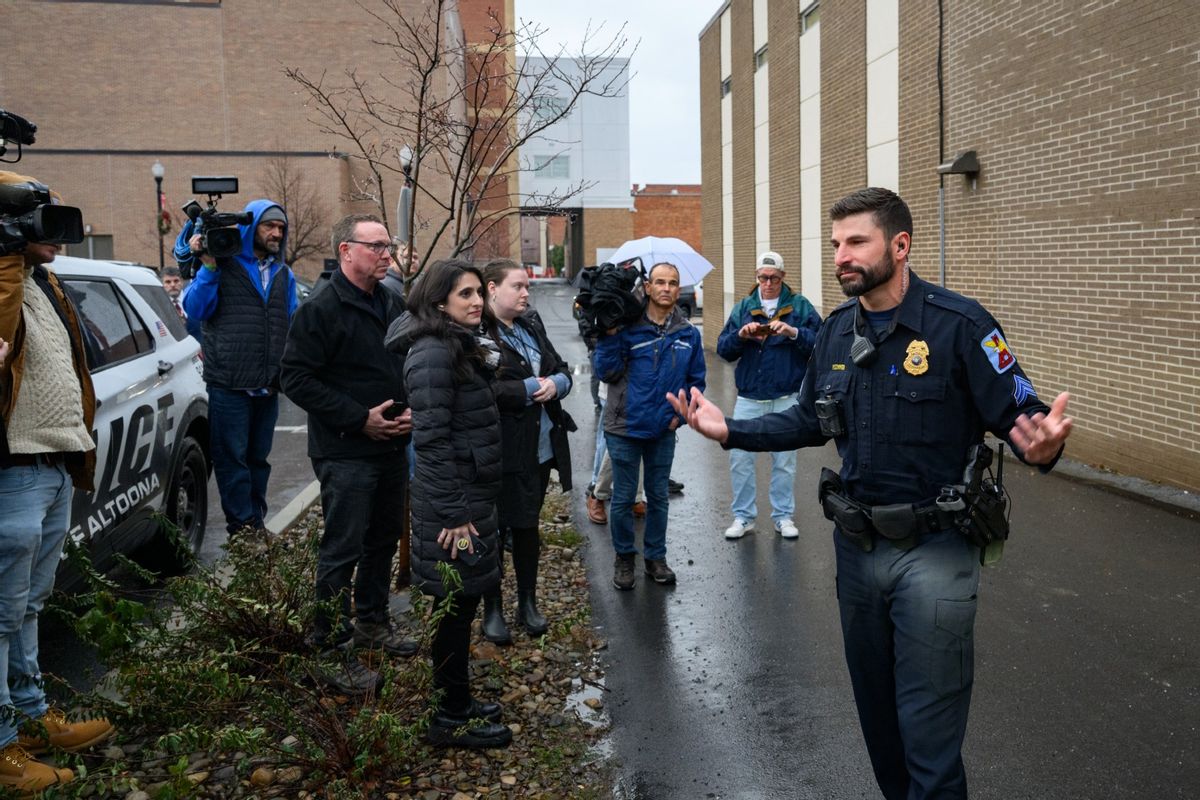





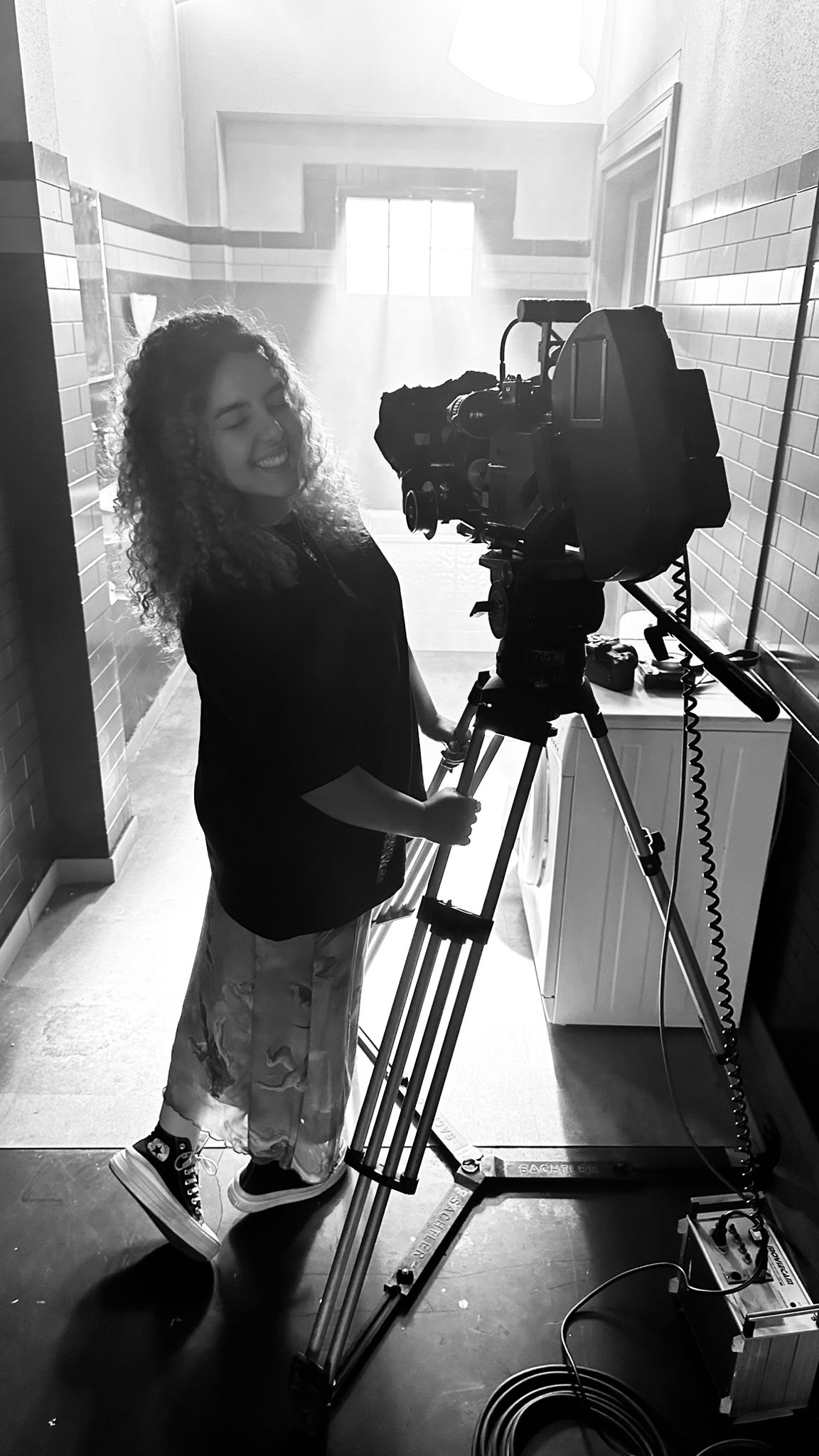
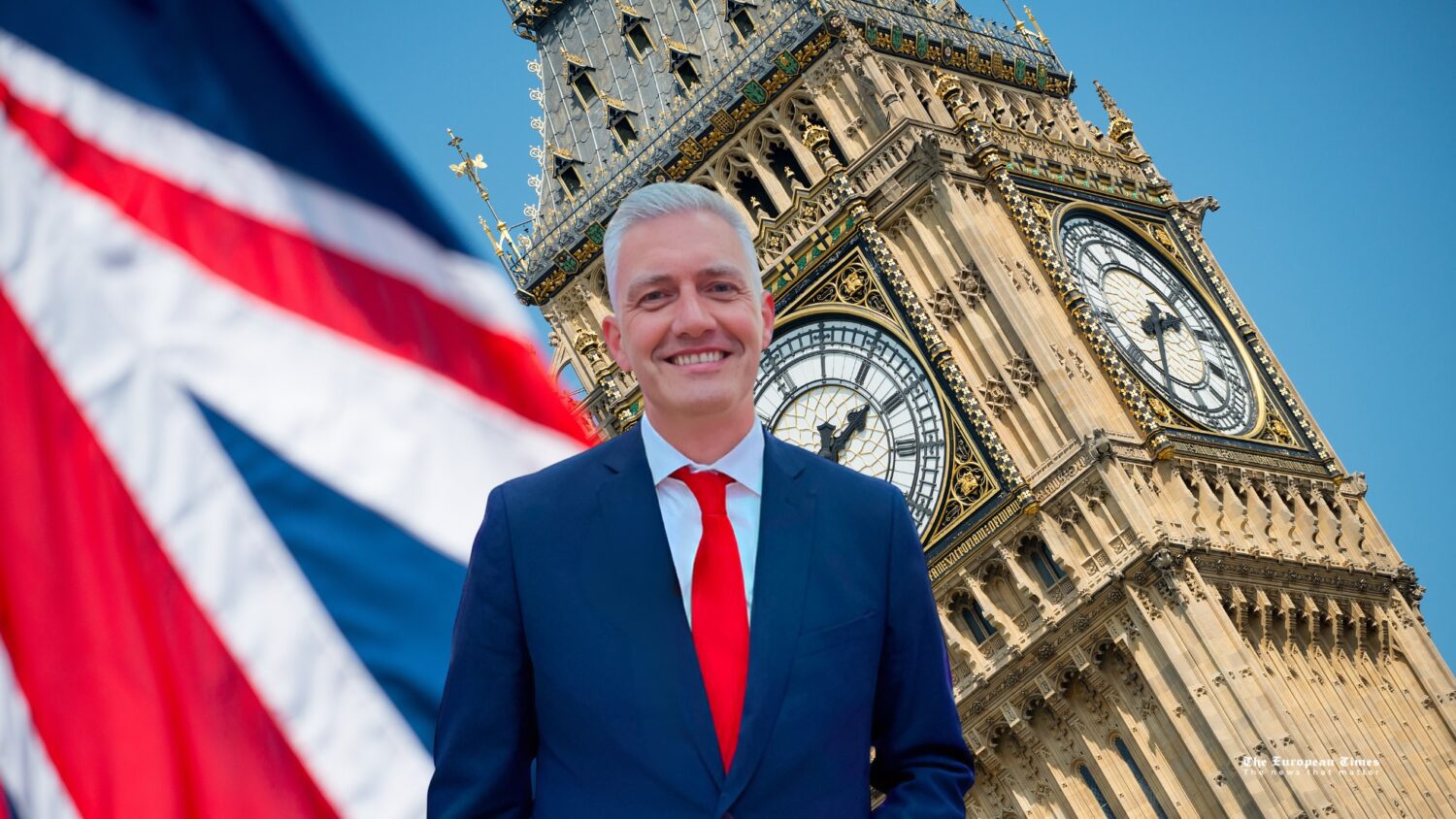




Discussion about this post